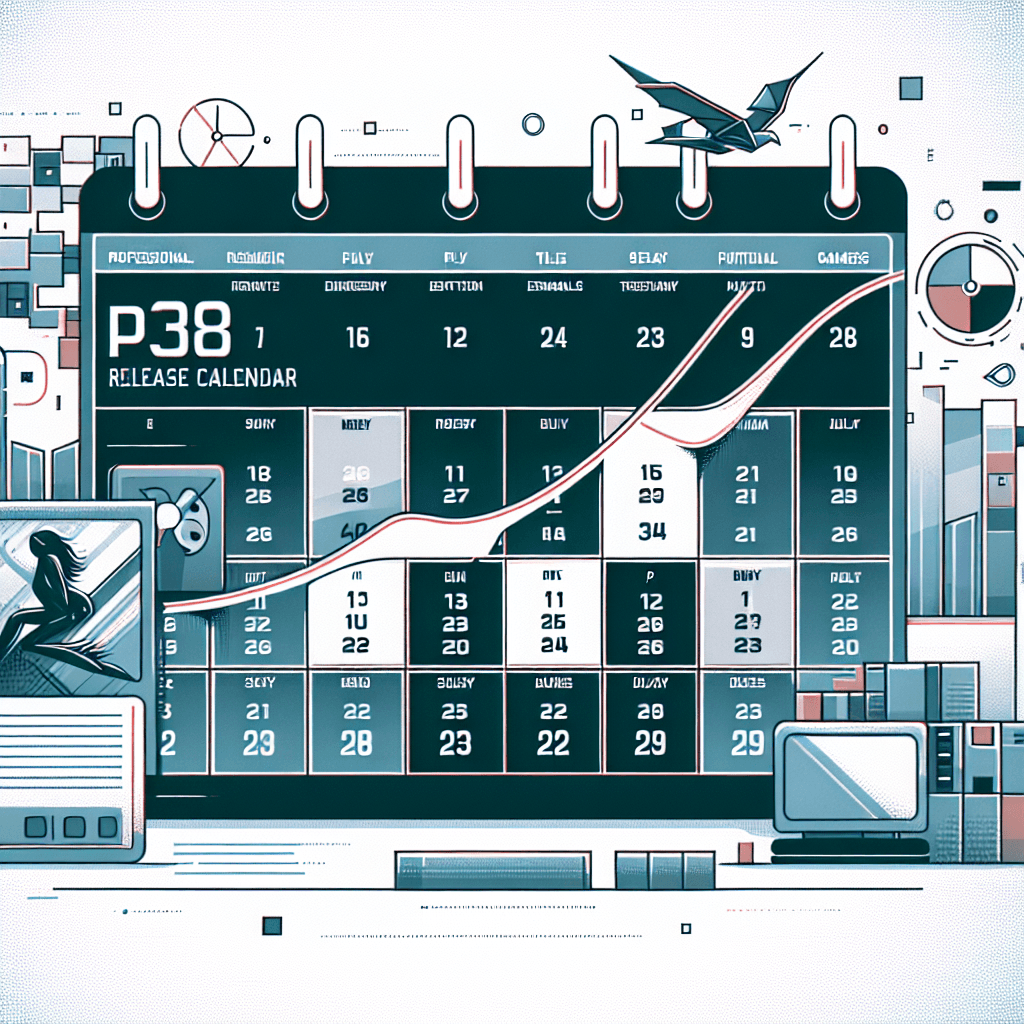business
Former Xbox and Bethesda Executives Raise Alarm Over Xbox Game Pass's Effect on Developers and Retail Revenue
Industry veterans including former Bethesda VP Pete Hines and ex-Xbox VP Shannon Loftis warn that Xbox Game Pass, while popular, may harm game sales and undervalue developers, sparking significant tensions within the gaming industry.
By Nokobot AI
Published September 9, 2025
3 min read

Subscription services like Xbox Game Pass have transformed how players access games, offering vast libraries for a flat fee. However, a chorus of industry veterans is raising concerns about the long-term impacts of this model on game developers, retail revenue, and the health of the gaming ecosystem.
Former Bethesda executive Pete Hines, who retired in October 2023 after over two decades with the company, recently spoke out about what he views as the downside of subscription gaming. In interviews and commentary, Hines criticized the subscription model for failing to properly "acknowledge, compensate, and recognize" the effort that goes into creating game content. He argued that the balance between the service operators and the developers behind the content is skewed, resulting in an ecosystem that "is not properly valuing and rewarding" creators.
Hines pointed to the closure of Tango Gameworks in June 2024—despite the success of its game Hi-Fi Rush, which attracted more than three million players—as an example of this tension. Although widely played through Game Pass, the studio's shutdown highlighted a disconnect between popularity on the subscription platform and financial sustainability for developers.
Adding to the discussion, Shannon Loftis, former VP of Xbox Games Studios, echoed these sentiments. She acknowledged Game Pass's success in helping games like Human Fall Flat reach audiences that retail might have otherwise overlooked but emphasized that "the majority of game adoption on Game Pass comes at the expense of retail revenue," unless games are designed to monetize post-release. Loftis further described "strange internal tensions among first-party developers" caused by these dynamics.
Microsoft’s own CFO has admitted that blockbuster titles such as Starfield and Indiana Jones and the Great Circle likely lost out on "millions" in retail sales due to their availability on Game Pass. Despite this, Microsoft reported nearly $5 billion in annual revenue from Game Pass in 2025 and insists that the service is profitable, even accounting for lost first-party sales. Nevertheless, this profitability has not insulated the company from the industry's volatility: mass layoffs affecting thousands of employees at Microsoft’s gaming divisions, alongside the cancellation of multiple games and the closure of studios, have troubled the company and raised questions about the sustainability of its strategy.
Former Sony executive Shawn Layden has also voiced caution over these subscription models, describing their impact on developers as fostering a "wage slave" mentality rather than encouraging traditional value creation and profit sharing. The debate continues as subscription platforms become increasingly central to how audiences consume games.
This ongoing tension poses critical questions about the future of game development, revenue streams, and developer compensation. Subscription services undeniably increase game exposure and accessibility, but whether the benefits to players and platforms can coexist with fair rewards and sustained livelihoods for creators remains unsettled. As subscriber numbers plateau and industry shakeups continue, developers and publishers alike are watching closely to see how the subscription model evolves in the broader context of the gaming business and culture.


